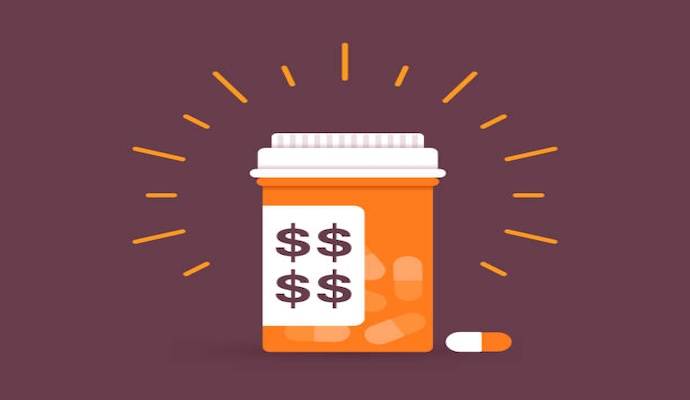FDA approves $4.25 million gene therapy for MLD
After receiving FDA approval earlier this month, Orchard Therapeutics plans to price its new MLD gene therapy at $4.25 million.

Source: Getty Images
- Once again, the pharmaceutical industry has topped its existing astronomical prices with Lenmeldy, an FDA-approved gene therapy for children with pre-symptomatic late infantile, pre-symptomatic early juvenile, or early symptomatic early juvenile metachromatic leukodystrophy (MLD), which has a wholesale acquisition price tag of $4.25 million.
The one-time gene therapy treatment is derived from a patient’s hematopoietic stem cells (HSCs) that are genetically modified to include a functional copy of the arylsulfatase A (ARSA) gene and transplanted back into the patient. ARSA deficiency is the root cause of MLD, causing a buildup of sulfatides in cells, which damages the nervous system. In turn, the damage results in motor and cognitive decline and, in most cases, early death.
By adding a functional copy of ARSA, Lenmeldy promotes ARSA enzyme production, mitigating the damage to the nervous system.
“This is the first FDA-approved treatment option for children who have this rare genetic disease,” said Peter Marks, MD, PhD, director of the FDA’s Center for Biologics Evaluation and Research (CBER), in the press release. “We remain committed to advancing scientific and regulatory principles that enable the efficient development and review of safe, effective, and innovative products that have the potential to change patients’ lives.”
Despite the profound scientific and patient-care outcome of Lenmeldy, the cost will likely present a barrier for most patients who need it. As seen with other gene therapies, the exorbitant pricing and insurance coverage complications may prevent patients requiring the treatment from accessing it.
Last year, an Institute for Clinical and Economic Review (ICER) evaluation evaluated this gene therapy, whose approval was anticipated at the time, at $2.3–3.9 million. Based on those calculations, the company charges $0.35–1.95 million more than the therapy’s worth.
In a statement released by Orchard Therapeutics, the company claimed that the cost of the treatment reflected its value.
Bennett Smith, senior vice president and general manager of North America at Orchard Therapeutics, said, “The value of Lenmeldy has been recognized by several HTA authorities around the world, including in the US by ICER, which determined Lenmeldy to have the highest value-based price for any treatment it has evaluated to date. MLD places an enormous emotional and economic burden on families and caregivers — who face substantial wage loss and added expenses each year as the disease progresses — all while dealing with the unquantifiable anguish of losing their child. HSC gene therapy has the potential to offer a transformative impact on devastating genetic diseases not well addressed by other therapeutic modalities, and we will continue to ensure society reaps the benefits from the anticipated value these therapies may deliver to eligible children and their families.”
Whether or not patients who need this medication will be able to access it at its extremely high price remains to be seen.
